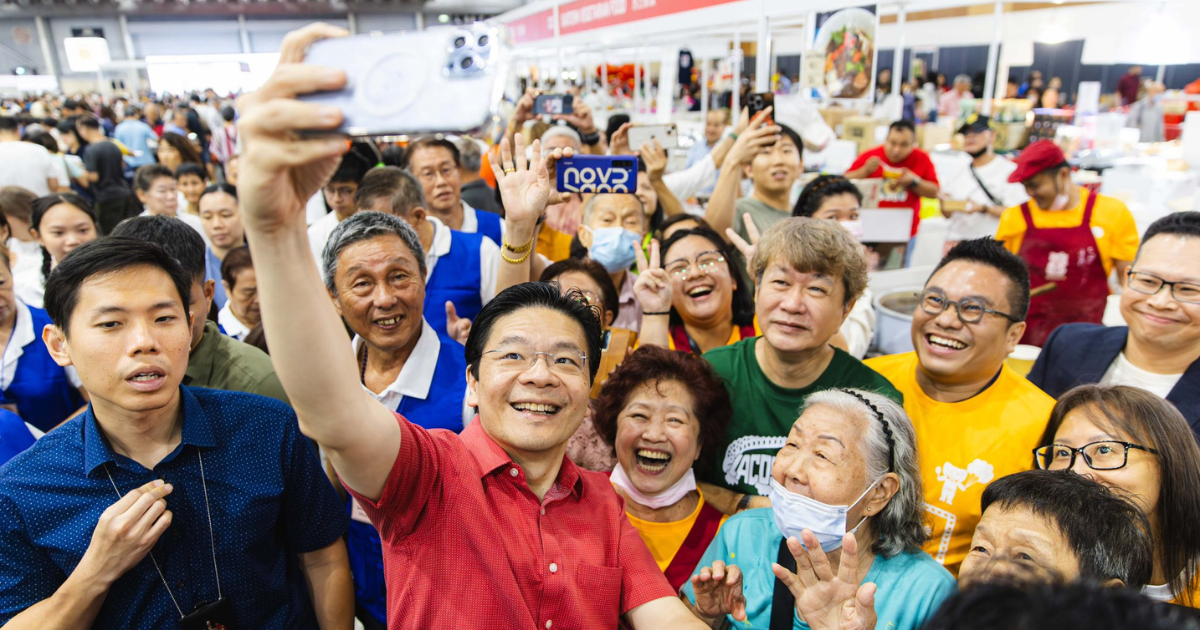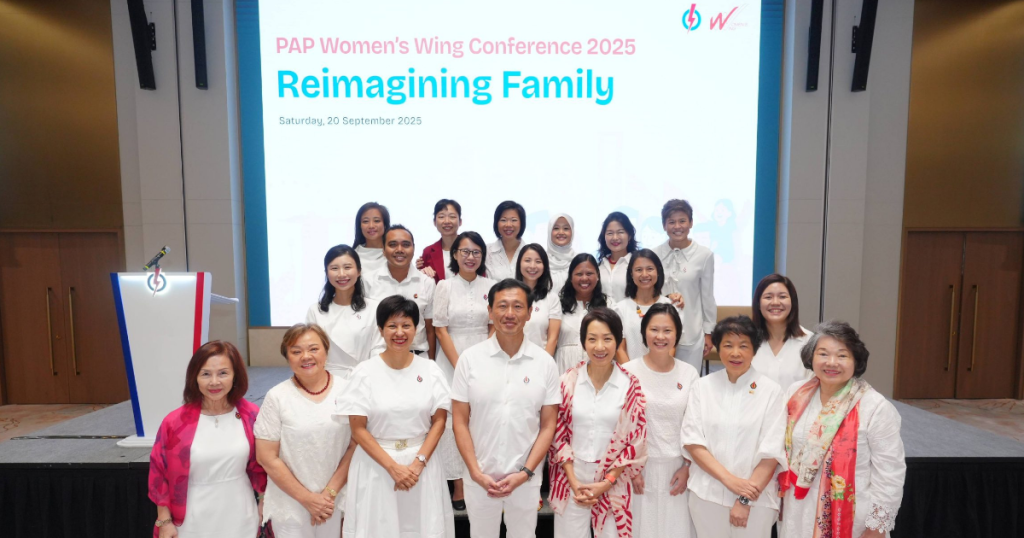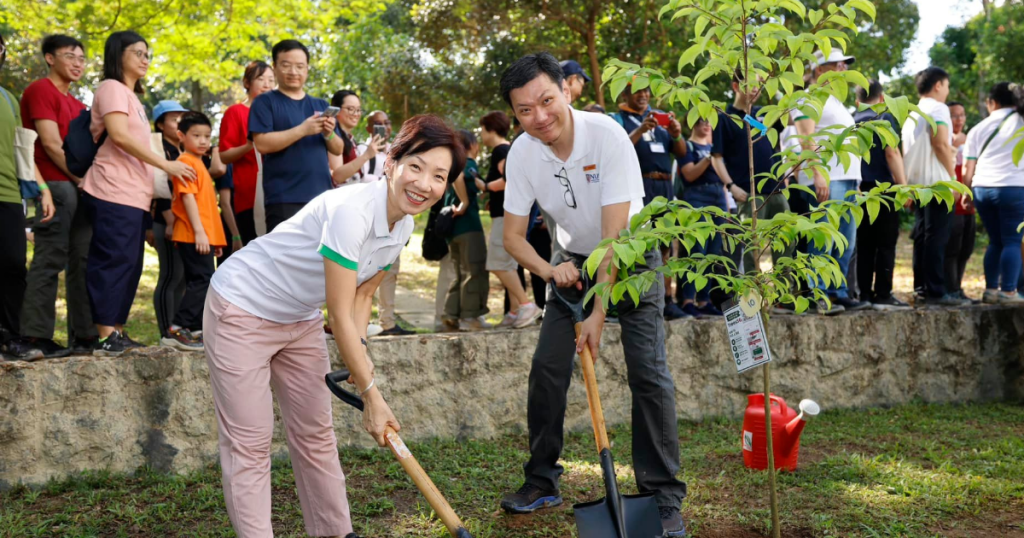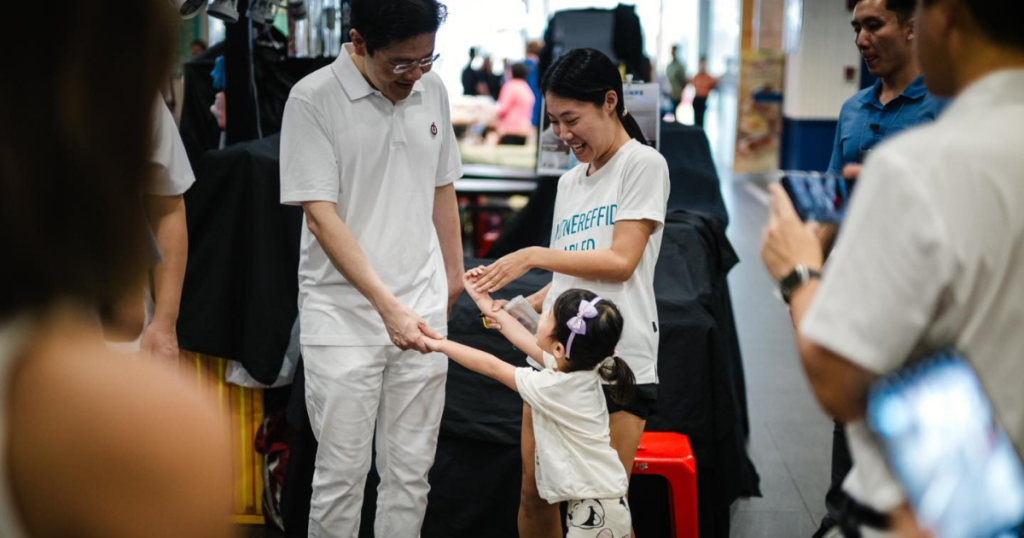The trust of Singaporeans is vital to good governance. A government that is empowered by Singaporeans’ trust and that responds effectively to challenges will be able to ensure a strong, prosperous nation.
A dynamic economy and a strong social compact
“Growing a vibrant economy that provides good jobs for Singaporeans remains our foremost priority,” said Prime Minister Lawrence Wong. “Through the Singapore Economic Resilience Taskforce and the Economic Strategy Review, we will work with agencies and stakeholders to navigate global uncertainties and keep Singapore competitive.”
The Ministry of Finance (MOF) will continue helping businesses, especially small- and medium-sized enterprises, harness artificial intelligence. SkillsFuture will keep upskilling Singaporean workers.
MOF’s stable, efficient tax and regulatory system will keep Singapore one of the world’s best places to do business. Long-term infrastructure investments will enhance Singapore’s connectivity and support the green energy transition.
Domestically, the $8.2 billion Majulah Package is strengthening retirement adequacy, while the new public housing framework keeps housing affordable for Singaporeans.
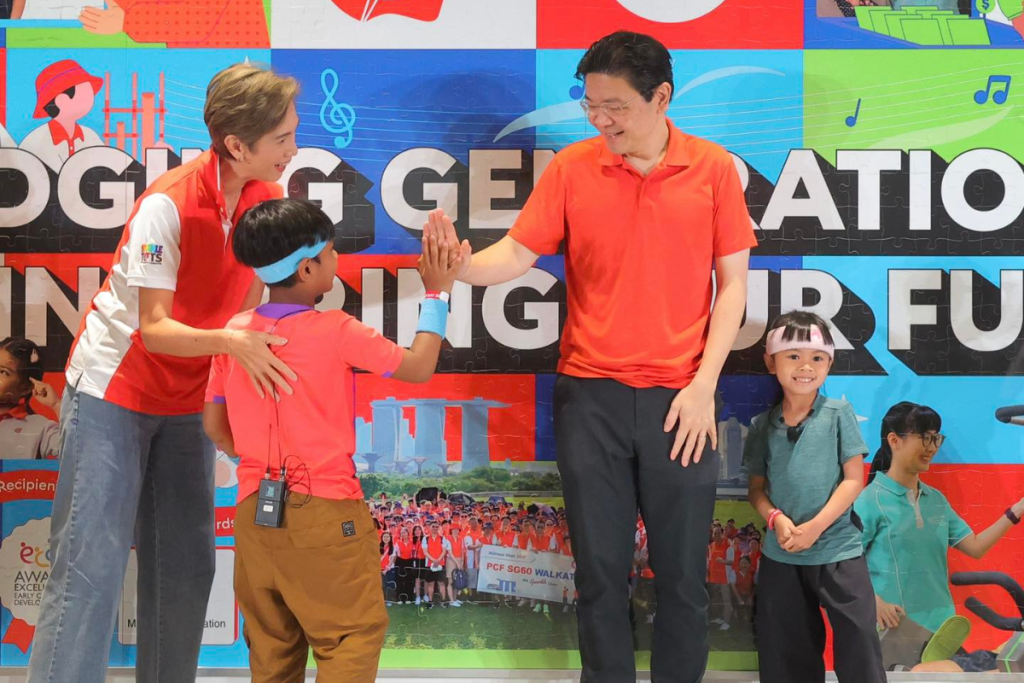
“We will also enhance support for vulnerable groups, including persons with disabilities and those with special needs,” said PM Wong. “We will continue to support initiatives in the arts, sports, and community that strengthen the bonds which hold us together as one people.”
Securing Singapore’s place in a changed world
The Strategy Group in the Prime Minister’s Office has identified five key priorities.
These are:
- Securing Singapore’s place globally
- Transforming its economy
- Expanding social opportunities
- Uniting citizens
- Forging intra-community partnerships
It will work with national agencies to achieve these priorities, addressing common issues, managing trade-offs, while anticipating future challenges and opportunities for Singapore.
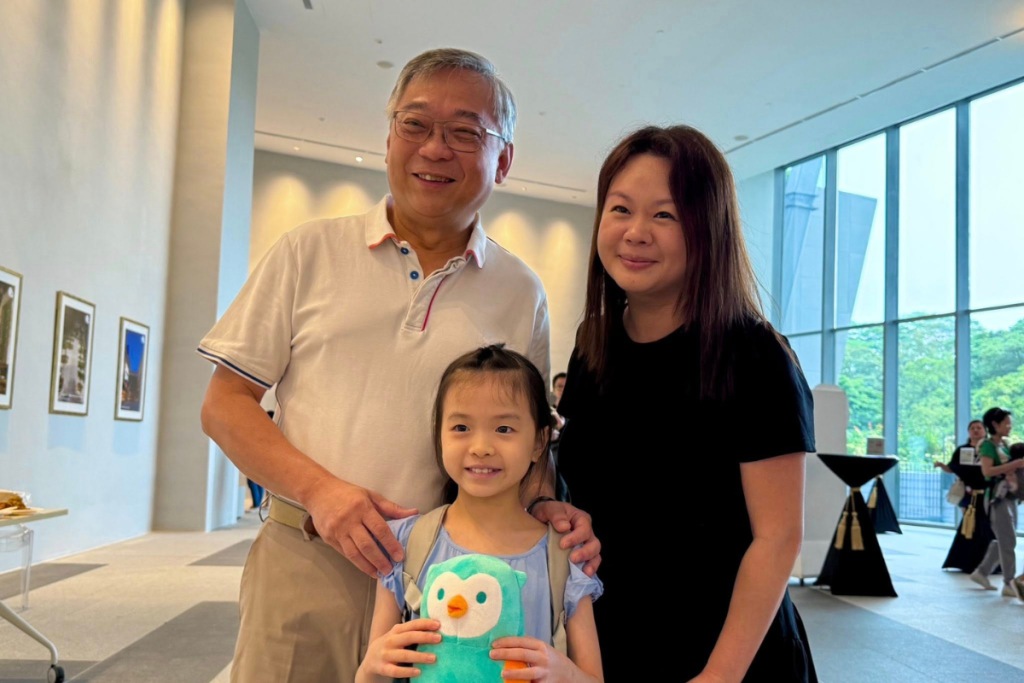
The government is also dealing with our two major demographic challenges, that of low fertility rates and an ageing population. One way is by supporting families in their marriage and parenthood journeys.
“We have support measures spanning housing, healthcare, and education, to financial and caregiving support, with recent enhancements to our parental leave schemes to provide parents with 30 weeks of paid leave in the child’s first year,” said DPM Gan Kim Yong. “More support has also been extended to families with three or more children through the new Large Families Scheme.”
Integrated services and shared solutions
The Public Service will keep its solutions sustainable, efficient and effective.
“For citizens, we will enhance integrated and seamless services through Whole-of-Government efforts like ComLink+, Municipal Services Office, and ServiceSG,” said Minister Chan Chun Sing. “For businesses, we will streamline processes, simplify regulations, and strengthen support through efforts like the Small and Medium-Sized Enterprises Pro-Enterprise Office.”
The Public Sector Science and Technology Policy and Plans Office, for example, will coordinate cross-agency efforts to assess linked areas like power and transport, and to manage pollution.
The Public Service Division will keep recruiting and upskilling diverse personnel, including through secondments to the private and people sectors as well as through international organisations. It is committed to developing future-ready officers and leaders.
Ministry of Digital Development and Information: Countering online risks
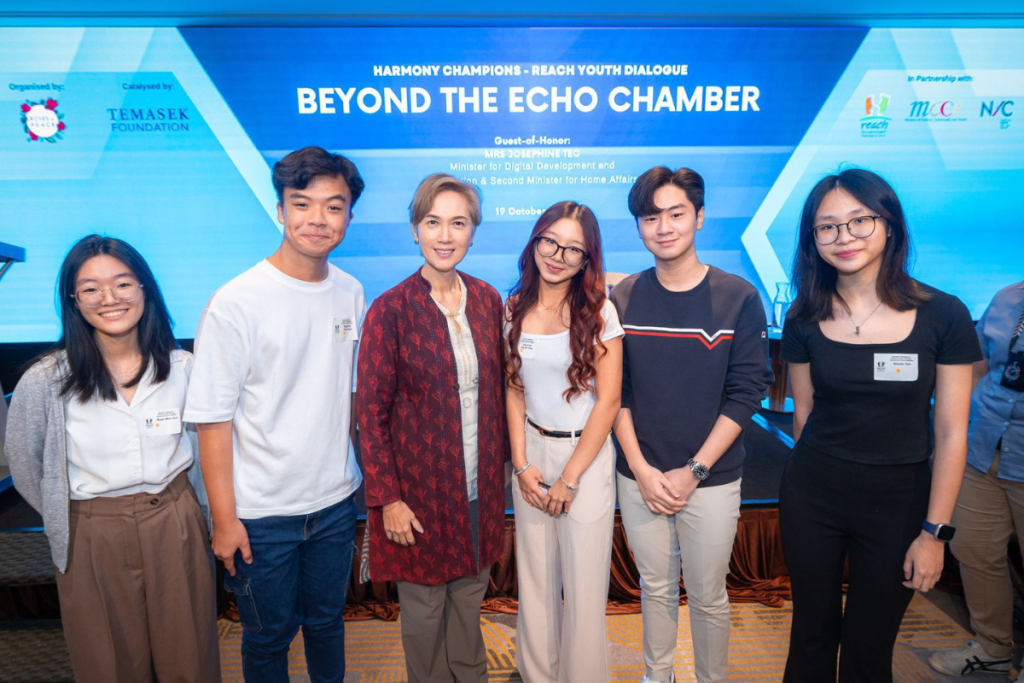
The Ministry of Digital Development and Information (MDDI) will continue countering online risks. A new Online Safety Commission will assist victims of digital harms, while cybersecurity standards are raised nationwide.
“We have strengthened incident reporting requirements for Critical Information Infrastructure owners to detect malicious cyber activities early, enabling timely responses,” said Minister Josephine Teo. “To meet growing demand for cybersecurity expertise, we will develop talent, innovation, and the local research and development ecosystem.”
MDDI is refining its Smart Nation 2.0 strategies in the face of geopolitical and economic uncertainties, with Artificial Intelligence at the heart of the Ministry’s digital transformation. It will support enterprises in adopting AI, anchor Centres of Excellence, and grow a core of AI-fluent workers.
Continued investments in core digital infrastructure will ensure robust connectivity for users.
Ministry of Law: Access to justice and a refreshed IP Strategy 2030
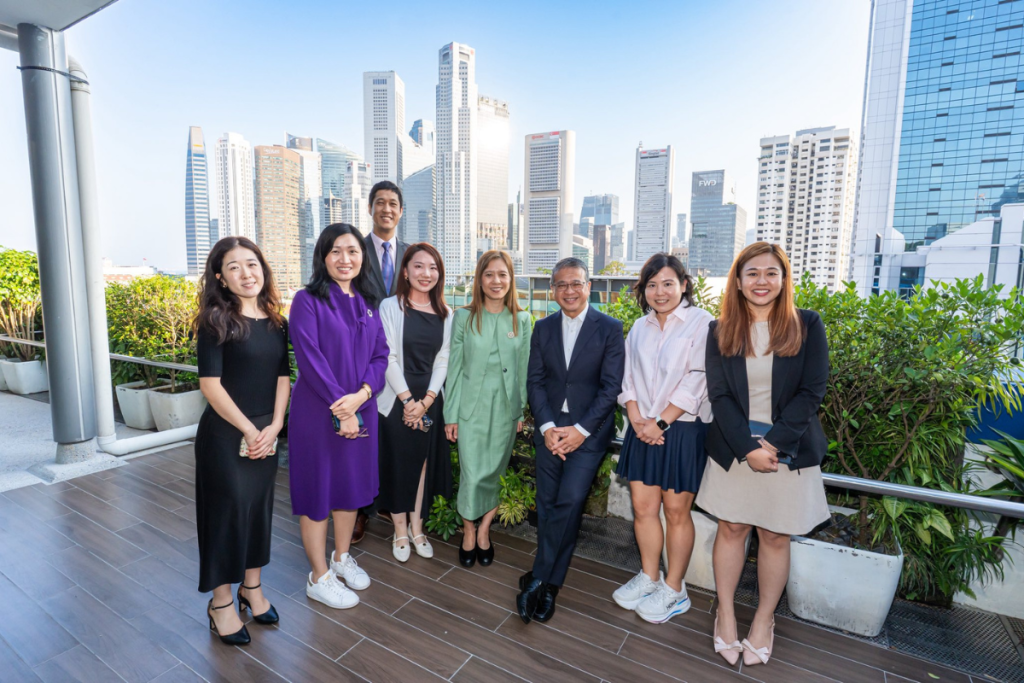
“The Ministry of Law will continue to uphold the Rule of Law and public trust in Singapore’s legal system,” said Minister Edwin Tong. “We will improve access to justice, strengthen Singapore’s position as a global legal and intellectual property hub, and make better use of state assets to support the country’s social and economic needs.”
Regarding improved access to justice, the Ministry will study the need for a new agency to better support victims of online harm, with an appropriate framework for relief. Family justice approaches will support healing and family well-being, and an enhanced Community Disputes Management Framework will solve neighbourly disputes more smoothly.
On optimising state assets like land, the Singapore Land Authority will work with community and private stakeholders to create socially-beneficial spaces, such as multi-generational co-living spaces and innovation hubs.
The Ministry will keep growing Singapore’s status as a globally-trusted legal hub through a review of international arbitration laws, which will keep Singapore competitive for dispute resolution.
The national Intellectual Property (IP) Strategy 2030 is also being refreshed, which will attract more IP and intangible asset (IA) activity.
“IA valuation guidelines will be developed to help firms protect and monetise their IP,” said Minister Tong. “We will also introduce new guidelines for using copyrighted works in AI development to support innovation and protect creators’ rights.”
